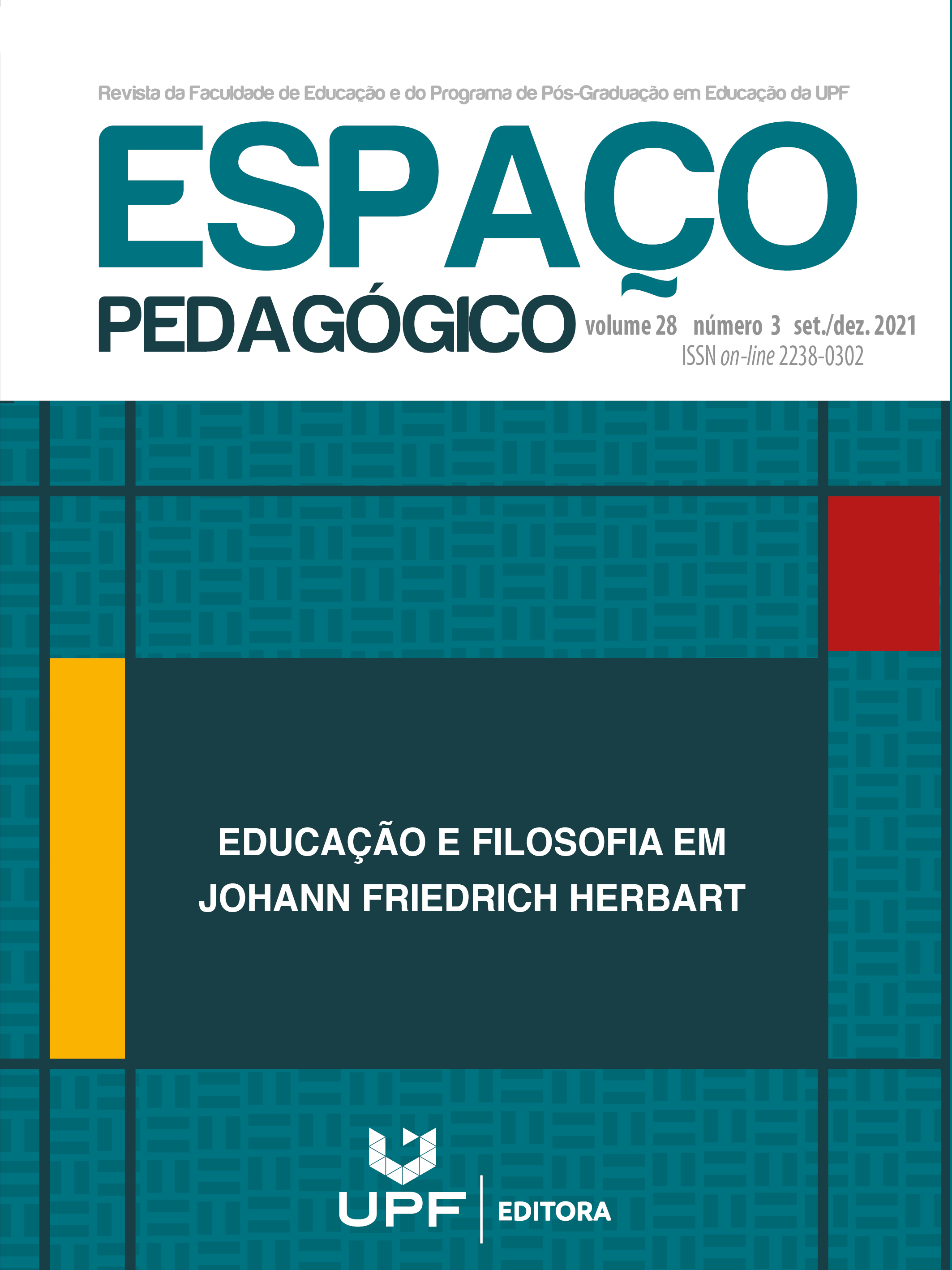Practises of self care in the social isolation
DOI:
https://doi.org/10.5335/rep.v28i3.11784Keywords:
self care, social isolation, aesthetics of existenceAbstract
This article aims to reflect on the contribution of self-care to the reframing of teaching practice in the current panorama of social isolation caused by the coronavirus pandemic. We will bring some notions about the self-care practices of the Hellenistic and Roman period of the 1st and 2nd century’s d. C, to reflect on the social isolation and to explain how these practices can contribute to the subjects' health of themselves at the moment when biopolitics acts on teaching staff as if they were machines, to expand their skills and extort their strength. To reflect on the aesthetics of existence and self-care as a way of giving ethical outlines to existence in a beautiful way, we used Foucault (2011; 2018), Veiga-Neto (2003; 2016), Hadot (2004), Gallo (2008; 2013), Pagni (2011; 2012), among others. Self-practices can contribute to better deal with the pandemic situation, since only with self-care can we take care of the other, by providing better physical and mental conditions to face an adverse context in which the new educational methodologies they were suddenly inserted into the lives of teachers who had to reinvent themselves in the contemporary crisis scenario.
Keywords: self care; social isolation; aesthetics of existence.



